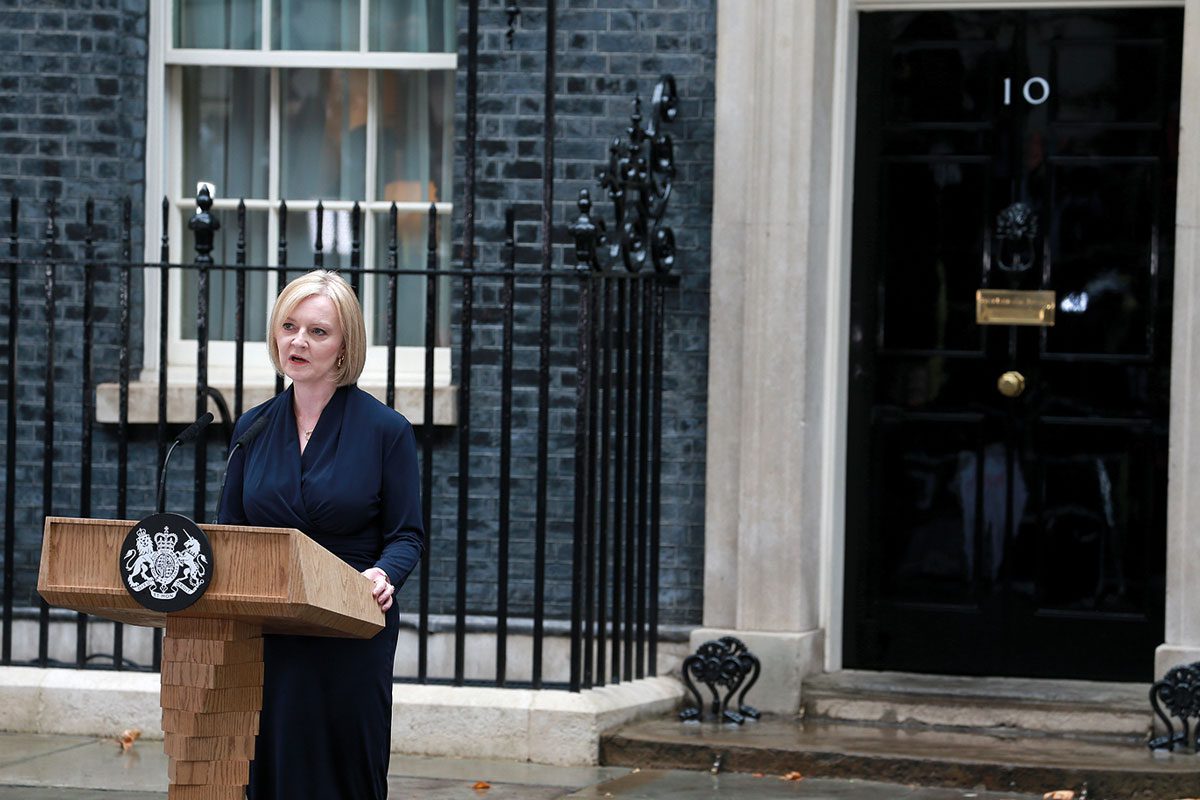
THE UK Government has announced a new plan to cap wholesale energy prices for businesses this winter.
The new Government Energy Bill Relief Scheme will cap the wholesale component of gas and electricity prices. The wholesale price makes up a significant portion of a typical firm’s utility costs. The government plans to cap wholesale prices at 21.1p per kWh for electricity and 7.5p per kWh for gas. One source told Scottish Grocer that the government expects the wholesale electricity price to peak at around 61p per kWh, meaning the maximum discount would be in the region of 40p per kWh on electricity bills.
This support will apply to fixed contracts agreed on or after 1 April 2022, as well as variable and flexible tariffs and contracts. The support will also cover deemed contracts, which typically occur when a customer moves into a new property and has no fixed agreement.
The government’s new price cap will apply to energy usage from 1 October 2022 to 31 March 2023. Customers entering into new fixed-price contracts after 1 October will receive support on the same basis.
Businesses on existing fixed price contracts will be eligible for support too, as long as their contract was signed on or after 1 April 2022.
Firms on default, deemed or variable tariffs will receive a per-unit discount on energy costs. This discount will only cover the difference between the government’s new capped price and the average wholesale price for gas and electricity – meaning some businesses on variable or default tariffs could still see prices rise and fall.
The UK Government said it is working with suppliers to ensure all customers in Great Britain have an opportunity to switch to a fixed contract. A parallel scheme based on the same criteria will be introduced in Northern Ireland.
The announcement follows months of anxiety for business owners throughout the UK as exorbitant energy prices threatened otherwise viable firms. Over the last few months, retailers from across Scotland have told Scottish Grocer that without support, many convenience stores would shut up shop this winter. Some reported facing two, three or even fourfold increases to their electricity bills this winter.
Announcing the price cap, Prime Minister Liz Truss said she understood the “huge pressure” businesses face.
“As we are doing for consumers, our new scheme will keep their energy bills down from October, providing certainty and peace of mind.
“At the same time, we are boosting Britain’s homegrown energy supply so we fi the root cause of the issues we are facing and ensure greater energy security for us all,” she said.
James Lowman, chief executive of the Association of convenience Stores, said the trade association welcomed the support package, describing it as a lifeline for thousands of shops.
“We will continue to work closely with the Department for Business, Energy and Industrial Strategy on longer term solutions to the energy crisis facing convenience stores and other businesses, including ways to incentivise investment in energy efficient technology.”
Karen Betts, chief executive of the Food and Drink Federation, said: “We welcome the scope of the Government’s Energy Bill Relief Scheme and the speed with which it’s being rolled out.
“It addresses the largest and most volatile cost pressure facing our industry right now. Although some aspects of the scheme are still to be clarified, it offers relief to food and drink manufacturers across the UK.”
Parliament is expected to vote on emergency legislation that will underpin the price cap when MPs return from recess in early October.
• This article was amended at 10:57am on 21 September to better explain the wholesale component of the price cap.



















